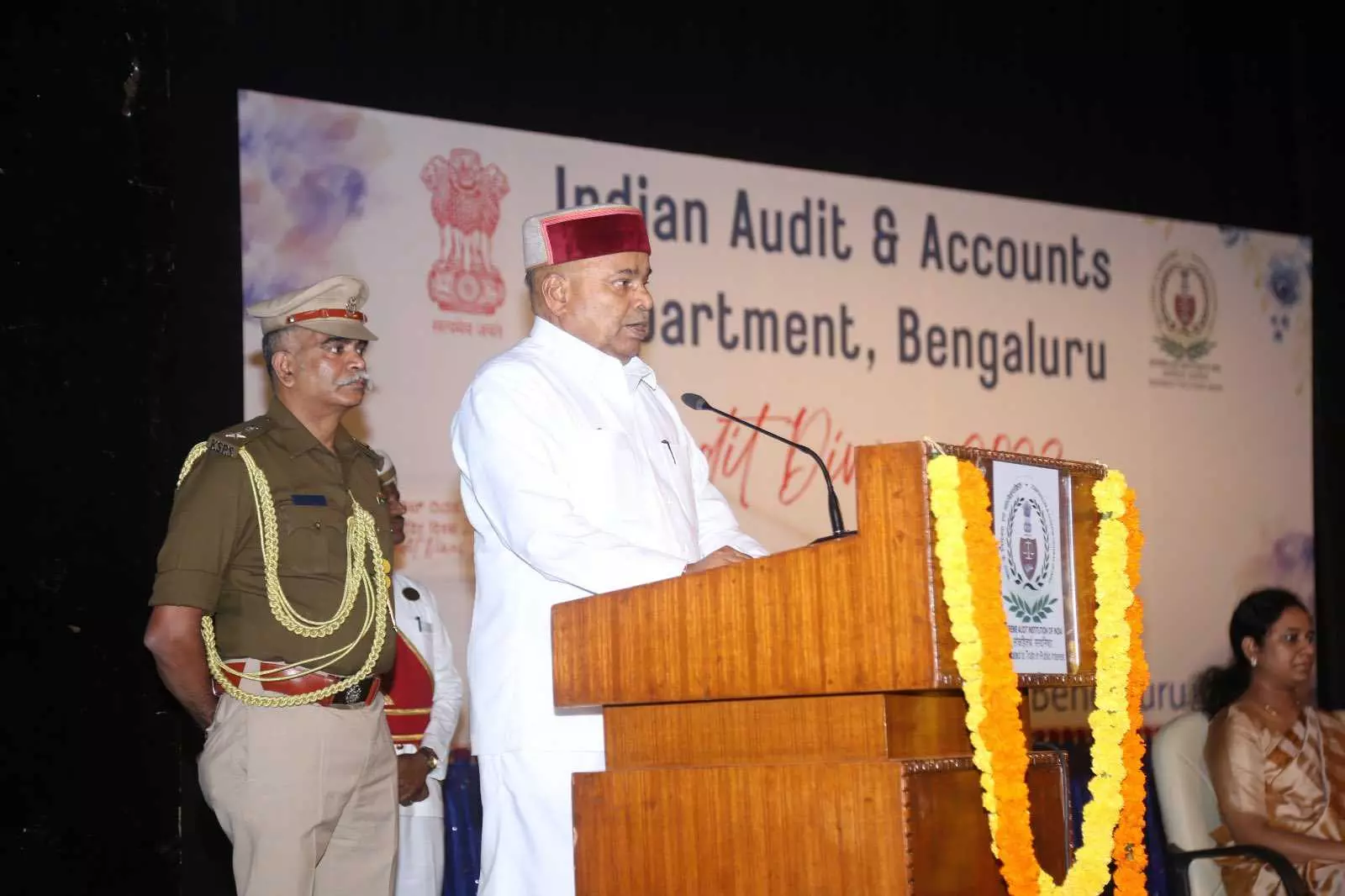
Karnataka govt mulls moving SC against governor over Muslim quota bill
Wherever there is a non-BJP government, the BJP is working through the governor’s office, alleged AS Ponnanna, chief minister’s legal advisor and MLA

The Congress government in Karnataka is contemplating to approach the Supreme Court over Governor Thaawarchand Gehlot’s move to refer to the President the controversial Bill to grant four per cent reservation to Muslims in government contracts.
Bolstered by the apex court verdict on Tamil Nadu governor’s delaying tactics on important Bills passed by the state legislature, the Karnataka government is mulling a similar move to challenge the actions of the governor in the Supreme Court, especially after he sent the reservation Bill to the President for her assent.
Also read: Karnataka Governor sends Bill on 4 pc quota to Muslims to President
AS Ponnanna, chief minister’s legal advisor and MLA, hinted at moving the court against the governor, not only with reference to this case but also with respect to his approach that seems akin to the governors in Kerala and West Bengal. “Wherever there is a non-BJP government, the BJP is working through the governor’s office. This is a very bad precedent, and even after the judgement of the Supreme Court in the state of Tamil Nadu’s case, our governor’s behaviour is unacceptable. We are being constrained to move to the Supreme Court,” he said.
'No quota on religious grounds'
According to sources, Gehlot marked the Bill as reserved for Presidential assent and sent it to the Karnataka Law and Parliamentary Affairs Department.
In his letter to the state government, Gehlot said, “The Constitution of India does not permit reservation based on religion, as it violates the principles of equality (Article 14), non-discrimination (Article 15) and equal opportunity in public employment (Article16). Supreme Court has consistently in various judgments ruled that affirmative action must be based on Social and Educational backwardness, not on religious identity.”
He also pointed out that the Article 15 of the Indian Constitution prohibits discrimination on grounds of religion, race, caste, sex, or place of birth.

